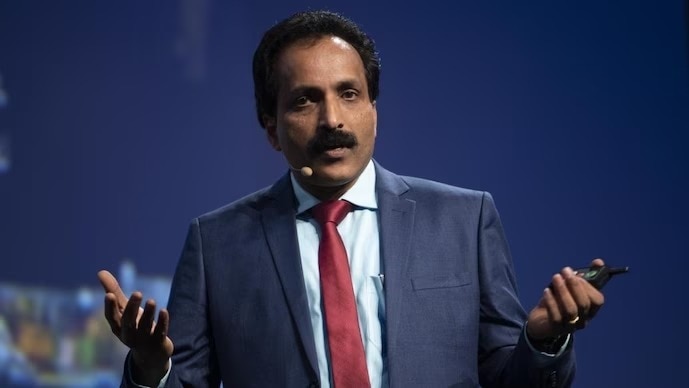A 2023 interview with former ISRO Chairperson S Somanath has gone viral, reigniting concerns about India’s ability to retain top engineering talent in the public sector. Somanath revealed that nearly 60% of students from elite institutions like the Indian Institutes of Technology (IITs) walked out of an ISRO recruitment drive after learning about the organisation’s salary structure.
“They [team] were presenting to them the career opportunity. After discussing career opportunities and the type of work, they presented the salary structure of the ISRO system. The students who were sitting there saw the highest pay that they could ever get in the ISRO. That was it. After seeing the presentation, 60 per cent of people walked out,” Somanath told Asianet News in 2023. He pointed out that despite being considered among the country’s top talent, only about 1% of IIT graduates choose to work with ISRO.
The comments have fuelled fresh debate over how India compensates its engineers and scientists, particularly in government research institutions. Critics say ISRO is unable to attract top-tier talent due to uncompetitive salaries, even as it plays a critical role in India’s space ambitions.
The interview also reignited an adjacent controversy over what some have termed a “bond bias”, the requirement for medical graduates to serve compulsory government bonds, while engineering graduates from publicly funded institutions like IITs and IIMs are under no such obligation.
Doctors, including cardiologist Dr Deepak Krishnamurthy, took to social media to call for parity. “I wonder why only doctors should have bonds to work for the government. Enforce them on IITians also to work for ISRO, DRDO etc,” he wrote on X.
Another doctor noted, “We doctors have bond, upto 10 years in certain states after doing MBBS or MD or superspeciality. Why are these guys exempted? You spend much more money for them!”
Public sentiment online was divided. Some users echoed the call for mandatory public service for graduates of government-funded colleges, arguing that taxpayer money should come with an obligation to serve. One user posted, “Government spends over ₹11,000 crore on IITs. Students from these institutions should be required to work in the public sector for a few years.”
Others, however, pointed fingers at ISRO’s outdated pay structures. One former student who was offered a 10-month internship with the agency said it involved relocation, opting out of placements, and came with no stipend or job assurance. “This is borderline exploitative for students. A minimal 15K/month stipend could solve this,” the person wrote.
Another social media user summed up the dilemma: “Top salaries attract top talent. Yes, the nation needs them, but that doesn’t mean they have to sacrifice high-paying jobs. Other countries pay top salaries for top talent, and India is the 3rd largest economy, and we have to use the national card. Why?”
With ISRO playing an increasingly visible role in India’s global tech and space ambitions, the question remains whether it, and other public institutions, can evolve quickly enough to retain the very talent they need to thrive.
